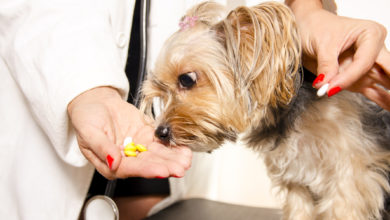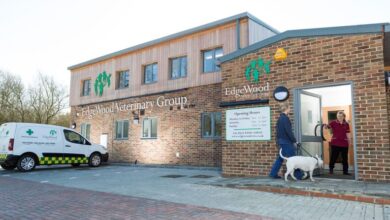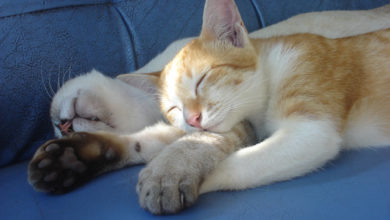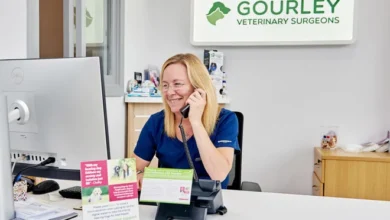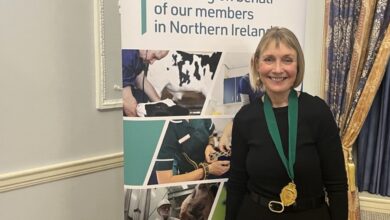Scarsdale Vets and Derby Wildlife Trust join forces to plant over 30 trees

This week Scarsdale Vets is taking part in tree planting at one of Derbyshire Wildlife Trust’s nature reserves.
Tree planting is just one of several green initiatives Scarsdale Vets has recently implemented to make its veterinary practices more eco-friendly and to do its bit for the wider environment.
On 29 November, Paul Sands and Emma Davies, who work at the surgery, planted 13 disease-resistant elms and 20 alder buckthorn trees at Woodside Farm Nature Reserve, Mapperley, one of Derbyshire Wildlife Trust’s nature reserves.
Paul Sands, partner and veterinary dermatologist at Scarsdale Vets, said: “Like many other large businesses, we are keen to reduce our carbon footprint and help the environment. Our ‘Well-being Group’ and enthusiastic staff have developed a number of initiatives, from creating wildflower corridors at our Markeaton practice to reducing the number of plastic tubs used in the laboratory at Pride Veterinary Centre in the centre of Derby.
“Our first off-site eco-adventure will see a small group of staff planting trees with our local wildlife trust, which is a fantastic first step and should be good fun too if the weather behaves.”
Kate Lemon, Erewash Valley programme manager, Derbyshire Wildlife Trust, added: “We were delighted when Scarsdale approached us to ask if they could plant trees on one of our reserves.
“Their donation has allowed us to source 33 native trees, together with the necessary tree guards, stakes, ties and compost. Elms are key for the white letter hairstreak butterfly and we will also planted some alder buckthorn which is great for the brimstone butterfly.”
Scarsdale Vets and the Derbyshire Wildlife Trust have also been busy creating two wildlife corridors at the entrance to the farm and equine practice at Markeaton, which is the most rural of Scarsdale’s practices.
For the corridors, over 20 varieties of locally-sourced wildflowers have been sown and apart from trimming the edges, the area will be left to grow naturally and hopefully burst into colour next spring. This will not only reduce the energy used to previously mow the area, but will also support local wildlife.
As part of their drive to reduce the volume of plastic they use, the team in the on-site laboratory at Pride Veterinary Centre are encouraging vets and nurses to submit urine and other fluid samples in the syringe they were collected in, instead of transferring them to another plastic pot. As a result, from July to October the lab team have saved 367 plastic pots and pipettes.








